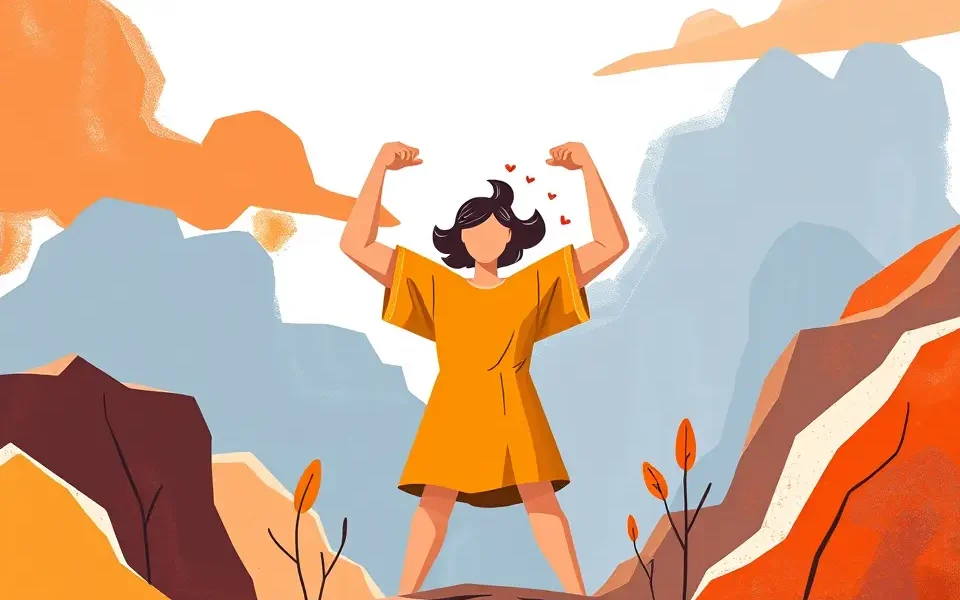Chris Evert, the name synonymous with grace, power, and unparalleled success in the world of tennis, has faced a challenge far greater than any opponent she ever encountered on the court. Her courageous battles with ovarian cancer, and her openness in sharing her experiences, have not only touched the hearts of fans worldwide but have also ignited a crucial conversation about early detection, genetic testing, and the importance of advocating for one’s own health.
A Champion’s New Battle: Cancer
In December 2021, Chris Evert received the life-altering diagnosis of stage 1C ovarian cancer. This came after her sister, Jeanne Evert Dubin, passed away from the same disease in February 2020 at the age of 62. Jeanne’s battle prompted the Evert family to undergo genetic testing. Advancements in genetic testing revealed that Jeanne had a BRCA1 gene variant, which was later reclassified as “clearly pathogenic” or cancerous . This critical discovery led Chris to take proactive measures.
Evert underwent a preventative hysterectomy, with the removal of her ovaries and fallopian tubes. It was during this procedure that doctors discovered a malignant tumor on her left fallopian tube, confirming the stage 1C ovarian cancer diagnosis .
“My sister’s death saved my life,” Evert shared, emphasizing the importance of family history and genetic testing .
Treatment and Recovery
Following her diagnosis, Chris Evert underwent two surgeries and six rounds of chemotherapy . Throughout her treatment, she drew strength from her sister Jeanne’s memory. “When I go into chemo, she is my inspiration,” Evert told ESPN. “I’ll be thinking of her. And she’ll get me through it” .
In January 2023, Evert announced that she was cancer-free. “I held my breath while I waited for my pathology results,” she wrote in an article for ESPN.com. “Luckily, the report came back clean and clear” .
Recurrence and Continued Fight
Tragically, in December 2023, Evert announced that her cancer had returned . A PET scan revealed cancer cells in her pelvic region, leading to another robotic surgery and a new round of chemotherapy .
“While this is a diagnosis I never wanted to hear, I once again feel fortunate that it was caught early,” Evert said in a statement . She expressed her disappointment at having to miss broadcasting the Australian Open but remained optimistic about returning to the Grand Slam season later in the year .
Speaking Out: Raising Awareness
Chris Evert has chosen to use her platform to raise awareness about ovarian cancer, the importance of early detection, and the benefits of genetic testing. She encourages everyone to know their family history and advocate for themselves .
“Early detection saves lives,” Evert emphasizes .
She has been particularly vocal about the significance of genetic counseling and testing, especially for individuals with a family history of cancer . The discovery of the BRCA1 mutation, which she shared with her sister, was crucial in detecting her cancer early .
Evert’s openness has resonated with countless women around the world. In an interview with We Are Tennis, she shared that many women have contacted her, and several of her friends have been tested and diagnosed with cancer as a result of her story .
Dispelling the “Why Me?”
Evert’s perspective on her diagnosis is remarkably grounded. In an interview with We Are Tennis by BNP Paribas, she shared, “I mean, half the world has cancer or half the world will get cancer, or so many women like me when they, especially when they get to my age, whether it’s breast cancer or any kind of cancer, it’s pretty probable that you’re going to get it. So, my reaction was, okay, well, you know, so I’m just like everybody else” .
This “why not me?” attitude reflects her resilience and determination to face the challenge head-on.
The Impact of an Athletic Career
Evert believes that her background as a professional athlete has played a significant role in her ability to cope with her cancer battles .
“Well, I mean, I think just being a top professional athlete, you have to have thick skin anyway, and you have to have a backbone, and you have to be used to ups and downs and, you know, bad losses and good losses. I think that has helped me tremendously in this fight,” she explained .
The mental fortitude, discipline, and competitive spirit honed over years of playing tennis have served her well in navigating the challenges of cancer treatment.
The Sisterhood of Cancer
Evert also acknowledges the importance of support and connection with others who have faced similar experiences . She describes herself and fellow tennis legend Martina Navratilova, who also battled cancer, as being part of a “sorority” of cancer victims .
“We were in the trenches together, and we were growing closer and bonding over the fact that we would look at each other, and say, how is this happening? We both got cancer at the same time. It was unbelievable timing. We both had it at the same time. We both were going through chemotherapy and radiation, everything, at the same time,” Evert shared .
Navratilova, in turn, has been a source of strength and support for Evert . “She has been such a support for me,” Evert admitted .
Genetic Testing: Know Your Risk
Chris Evert’s story underscores the critical role of genetic testing in identifying individuals at higher risk for certain cancers . Genetic tests can reveal mutations in genes like BRCA1 and BRCA2, which are associated with an increased risk of breast and ovarian cancers .
“I encourage people to know their family history and get genetic testing,” she says . “Be your own advocate, and be aware of your body and any signs or signals of something changing.”
It’s important to note that genetic testing isn’t just relevant for women. Men can also carry BRCA gene mutations and may have an increased risk of developing breast and/or prostate cancer . Including men in family conversations about cancer history and genetic testing results is essential .
If you have a family history of cancer, it’s crucial to discuss genetic testing options with your doctor or a genetic counselor. They can help you assess your risk and determine if testing is appropriate for you.
Early Detection: A Fighting Chance
Early detection is key to successful treatment of ovarian cancer. According to the American Cancer Society, when ovarian cancer is found in its early stages, about 90% of women will live longer than five years . Unfortunately, ovarian cancer is often diagnosed at a later stage, when it has already spread . This is because the symptoms of ovarian cancer can be vague and easily mistaken for other conditions .
Some common symptoms of ovarian cancer include:
- Abdominal bloating or swelling
- Pelvic or abdominal pain
- Difficulty eating or feeling full quickly
- Frequent or urgent need to urinate
If you experience any of these symptoms, especially if they are new or persistent, it’s essential to see your doctor .
Chris Evert’s proactive approach to her health, driven by her family history and genetic testing, allowed her cancer to be detected at an early stage .
“My sister’s death saved my life,” she has said, emphasizing the importance of being vigilant and taking action .
Living in Three-Month Increments
Evert has spoken candidly about the emotional toll of living with the knowledge that her cancer could return . She undergoes regular CAT scans to monitor her condition, which she describes as “living every three months” .
Despite the anxiety and uncertainty, she remains focused on living each day to the fullest and using her experiences to help others .
More Than a Tennis Champion
Chris Evert’s legacy extends far beyond the tennis court . She is a champion in every sense of the word, not only for her athletic achievements but also for her courage, resilience, and commitment to raising awareness about cancer.
Her story is a powerful reminder of the importance of early detection, genetic testing, and advocating for one’s own health. By sharing her experiences, she has inspired countless individuals to take control of their health and seek the information and care they need.
Chris Evert’s fight against cancer is ongoing, but her spirit remains unbroken. She continues to be a beacon of hope for those facing similar challenges, demonstrating that even in the face of adversity, it is possible to live with grace, courage, and determination.








No Comment! Be the first one.